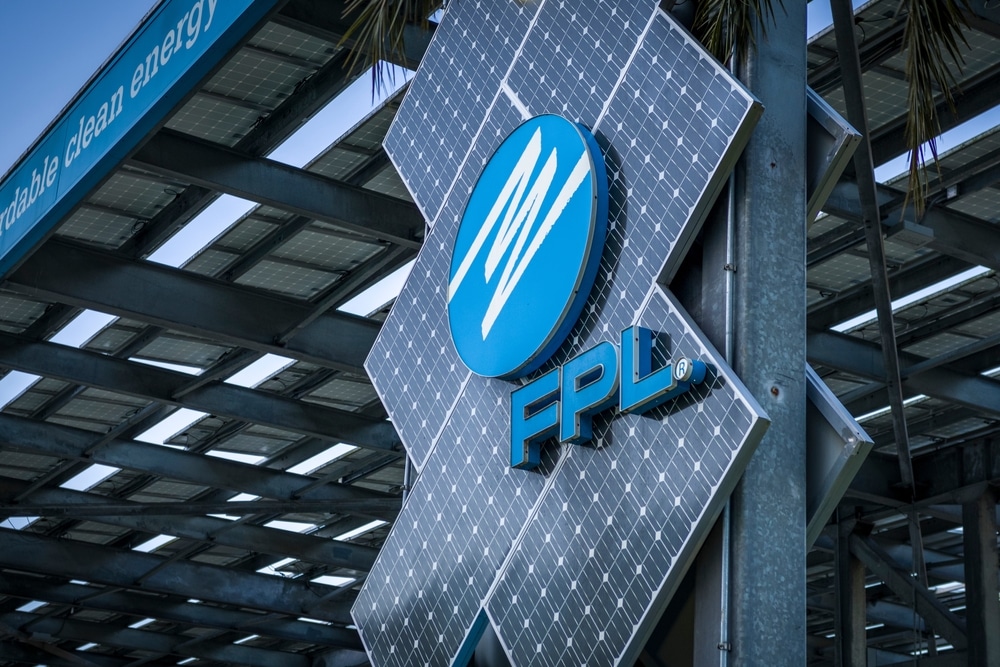Generic Utility Bond (Company)
License & Permit Bonds
Price: Depends on application
- In Florida a Utility Bond is offered as a replacement to a cash deposit.
To purchase your Florida Utility Bond simply click on the "Buy Now" button. You will then be guided through a brief set of questions. After which you'll pay online and sign using DocuSign. Your new surety bond will be signed and sealed as a full-color PDF document for printing.
Securing a Florida Utility Bond surety bond is a commitment by principals to adhere to the stipulations of contractual and legal obligations.
Note: If the bond requires underwriting, it may take up to 24 hours.



